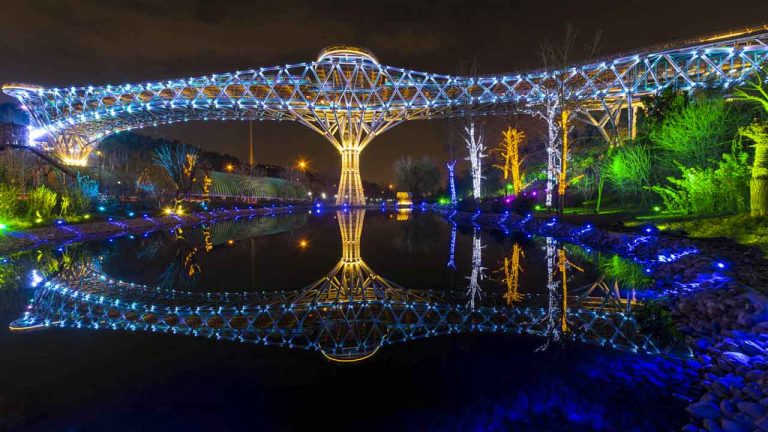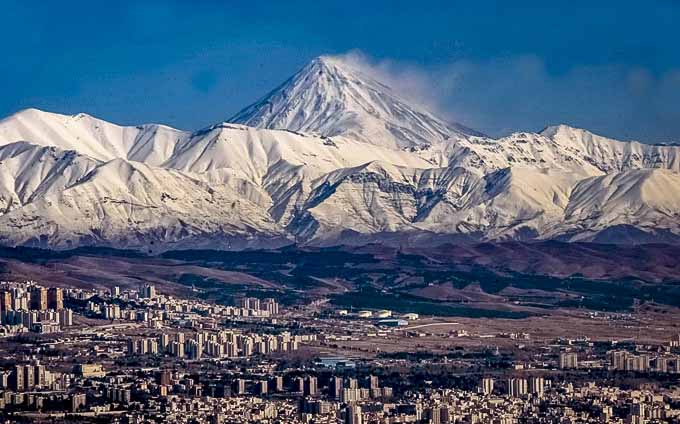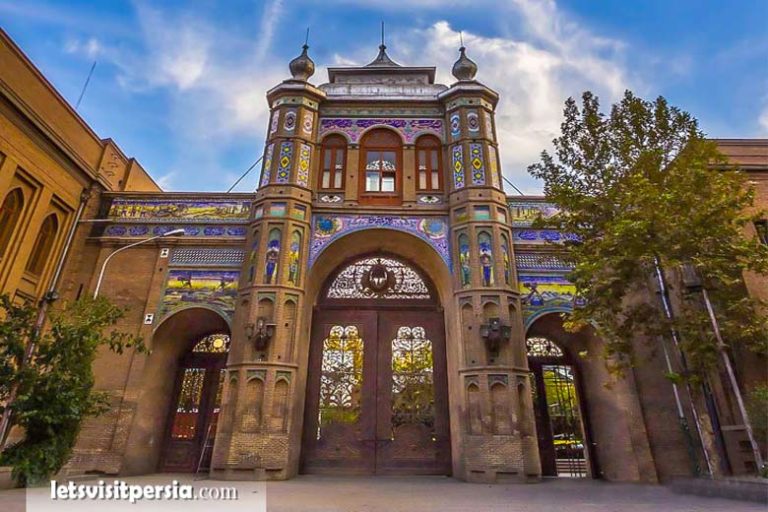
Tehran

Tehran is one of the largest cities in the world and it is located in north-central Iran.
It is the capital of Iran, Tehran Province, and also the largest city and urban area in Iran. It has been the capital of Iran for more than two centuries and is home to the main offices ruling the country.
Tehran History
It is located at the foothill of the Alborz, the highest mountain in Iran, Its highest peak, Mount Damavand, has an elevation of more than 18,400 feet (5,608 meters) and is visible from the city on clear days.
The location of Tehran has been historically known as Ray, which is now a small city in the south of the present-day capital.
Ray was destroyed by Arabs in the 7th and Mongols in the 14th centuries and the inhabitants fled to Tehran, the nearby village at the time of Mongol invasion.
Tehran became important since then and came to the attention of the Iranian ruler, Karimkhan Zand.
Although he ordered Golestan Palace (which was registered as a UNESCO heritage site in 2013) to be built for him, he later decided to choose Shiraz as his capital.
With the rise of Qajars (Aqha Mohamad Khan), it gained its importance when it was declared the capital of Iran in 1786.
Palaces were built one after another and continued to be built during the next dynasty, Pahlavi. Even after the monarchy fell apart in Iran as a result of the revolution in 1979, Tehran remained the capital of Iran.
Attractions
Golestan Palace Compound
Treasury of National Jewels
Iran Bastan Museum
Niavaran Palace Compound
Milad Tower
Sa’ad Abad Palace Compound
Glassware Museum (Abgineh Museum)
Iran’s National Rug Gallery & Carpet Museum
Tabiat Bridge
Grand Bazaar
Museum of Contemporary Arts
Azadi (Freedom) Tower
Shams-ol-Emareh Palace
Reza Abbasi Museum
Masoudieh Palace
Saad Abad Fine Arts Museum
Toghrol Tower
Shah Abdol Azim Shrine
Handicrafts
Namad Mali (Felt beating)
Jajim Weaving
Zillow Weaving
Ceramic and tile
Cuisines
Aash-E Sholeh-Ghalamkar
Valak Polo
Sar Gonjeshki
Book Tehran Tour
Tripadvisor: Letsvisitpersia
Trustpilot: Letsvisitpersia
WhatsApp :+989333020393

